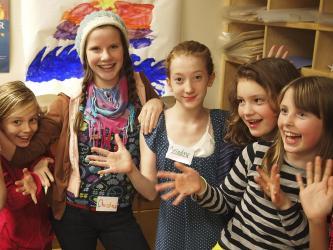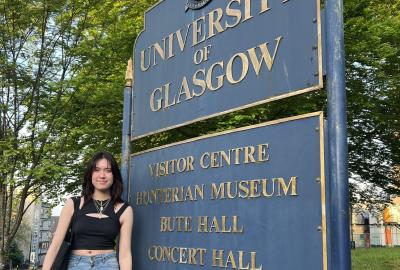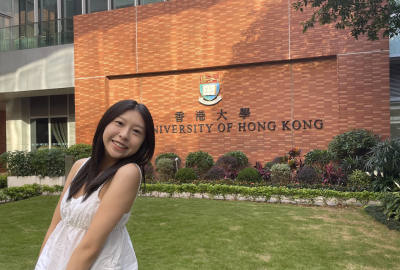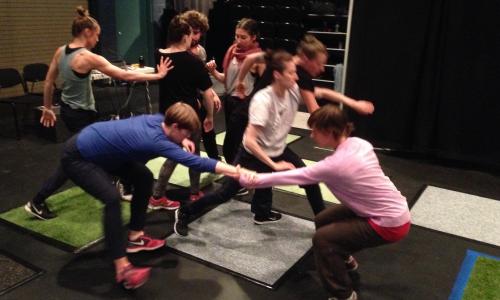
It is no secret that university students today are running into more obstacles and greater challenges in the pursuit of a post-degree career. We spend half of our time frantically studying and writing papers with the hope of maintaining or improving our GPAs and reaching the light at the end of the tunnel: Graduation Day. We often spend the other half working at unfulfilling jobs in order to pay our bills and student loans. Finally, with a degree in hand, we optimistically search for career opportunities only to encounter that virtually all of them require you to demonstrate that you possess the following skills: Leadership, Communication, and Interpersonal. In desperation you begin to wonder: Do my numerous WebCT posts demonstrate these skills? Nice try, but the answer is no.
Leadership, communication and interpersonal skills have become incredibly essential in the job market. They have become such a staple that employers seek prospective employees with these skills for positions that have little or no relevance to working with people. These skills cannot be developed overnight and they certainly won’t magically spring forth from all the papers and tests you have written in the last few years.
I luckily came to this realization in the midst of my post-secondary journey. I knew my ultimate goal was to work with youth in a mental health setting. I also knew that I wanted to keep my GPA up, pay my bills, and persevere until I reached that light at the end of the tunnel. I found myself stuck and focused on the latter goal only to realize that, in reality, my GPA and diploma alone would no longer suffice. Luckily, there was a very easy and perfect solution to this: volunteering.
Volunteer opportunities are often overlooked and underestimated. We have every excuse in the book: I don’t have the time; I need to focus on my studies; It will interfere with my job; I don’t think it’s the right time for me to volunteer right now. Actually, none of these excuses are valid. If anything, these excuses could significantly interfere with your own future goals and aspirations.
It’s actually very simple: Make a huge difference in your community while developing your own skills for free. It’s a win- win situation. Ultimately, volunteering is a free way to gain and develop quintessential life and job skills. I see it as free education.
Whatever skills one hopes to develop or field one hopes to work in, there are complementary volunteer opportunities if you look in the right places. I chose to get involved with the YWCA Youth Programs. I volunteered as a youth facilitator for the “That’s Just Me Program,” an eight-week after school program for Grade 7 girls designed to help them navigate adolescent life as they transition to high school. I was warmly welcomed by the YWCA staff who was interested in helping me obtain the skills I wished to develop for myself through their program. They were very supportive throughout the whole process and always available for advice, consultations, and feedback. Meanwhile, I had an amazing time facilitating a group of girls, and I learned so much more about myself than I had expected to. I only had to dedicate three hours per week and I developed my leadership, communication, and interpersonal skills dramatically. I chose to return and facilitate for another semester and was offered an internship position with the YWCA which I gladly accepted; I recruited volunteers, helped edit and develop the curriculum, and conducted relevant research. My once-a-week volunteer position turned into an internship which opened the door for an extensive range of new skills and networks.
Not only am I able to put this incredible experience on my resume and demonstrate all these quintessential skills, but I also received an incredible amount of support from the staff which solidified my passion and the pursuit of my future career goals. In the midst of a stressful semester and an unfulfilling job, this rewarding volunteer experience gave me comfort, confidence, an essential set of skills and an unanticipated opportunity to become more knowledgeable and immersed in the career field I wished to pursue.
Free skills, a supportive and encouraging environment and a rewarding experience; this is the ideal situation and one which will benefit any student’s future career prospects immensely. So put those excuses aside, reflect on your future and the skills you want to develop and get volunteering!
Beyond the Blog
-
For more info on volunteering with the Youth Education Programs, email: sbaikogli@ywcavan.org.












